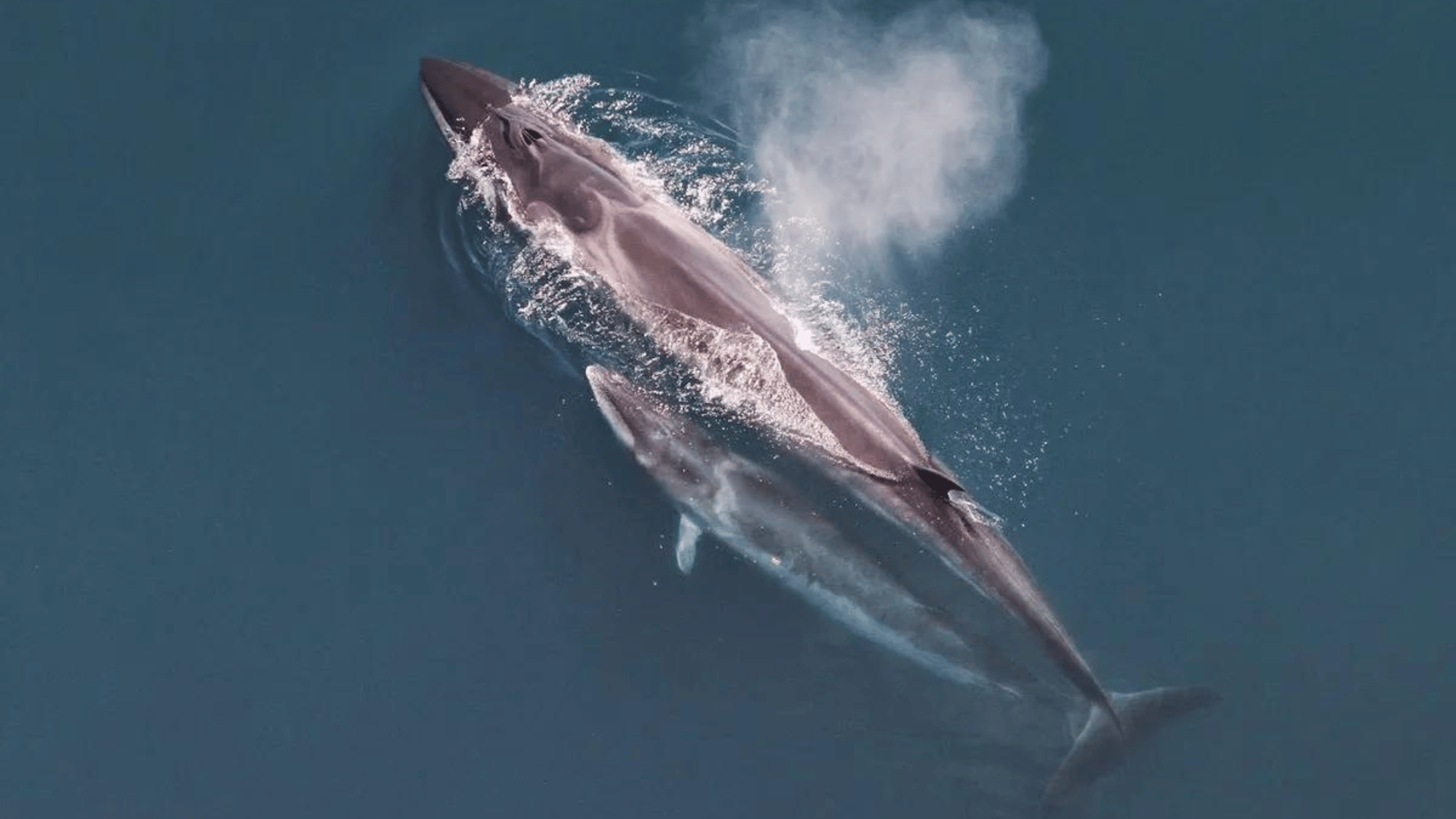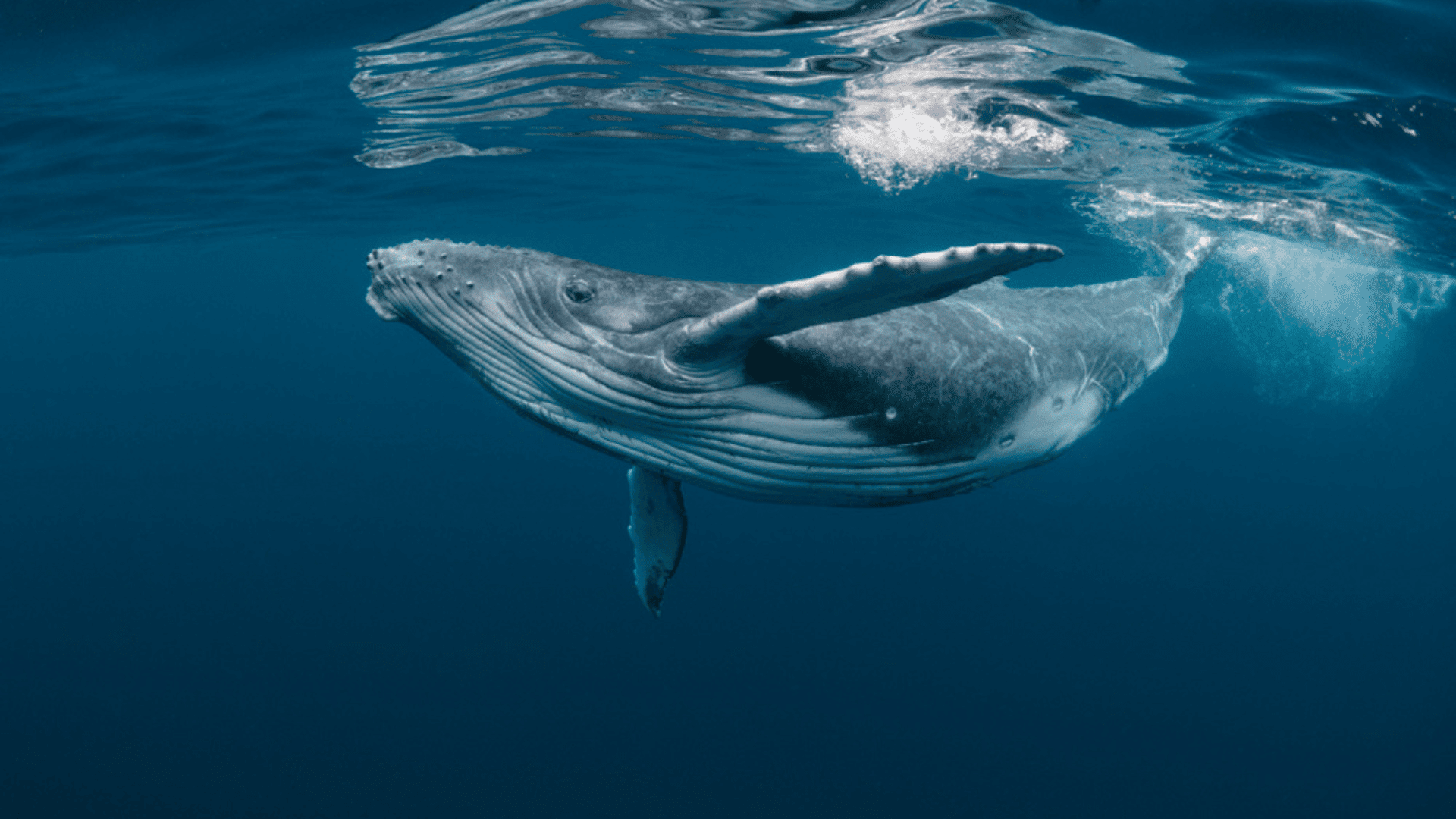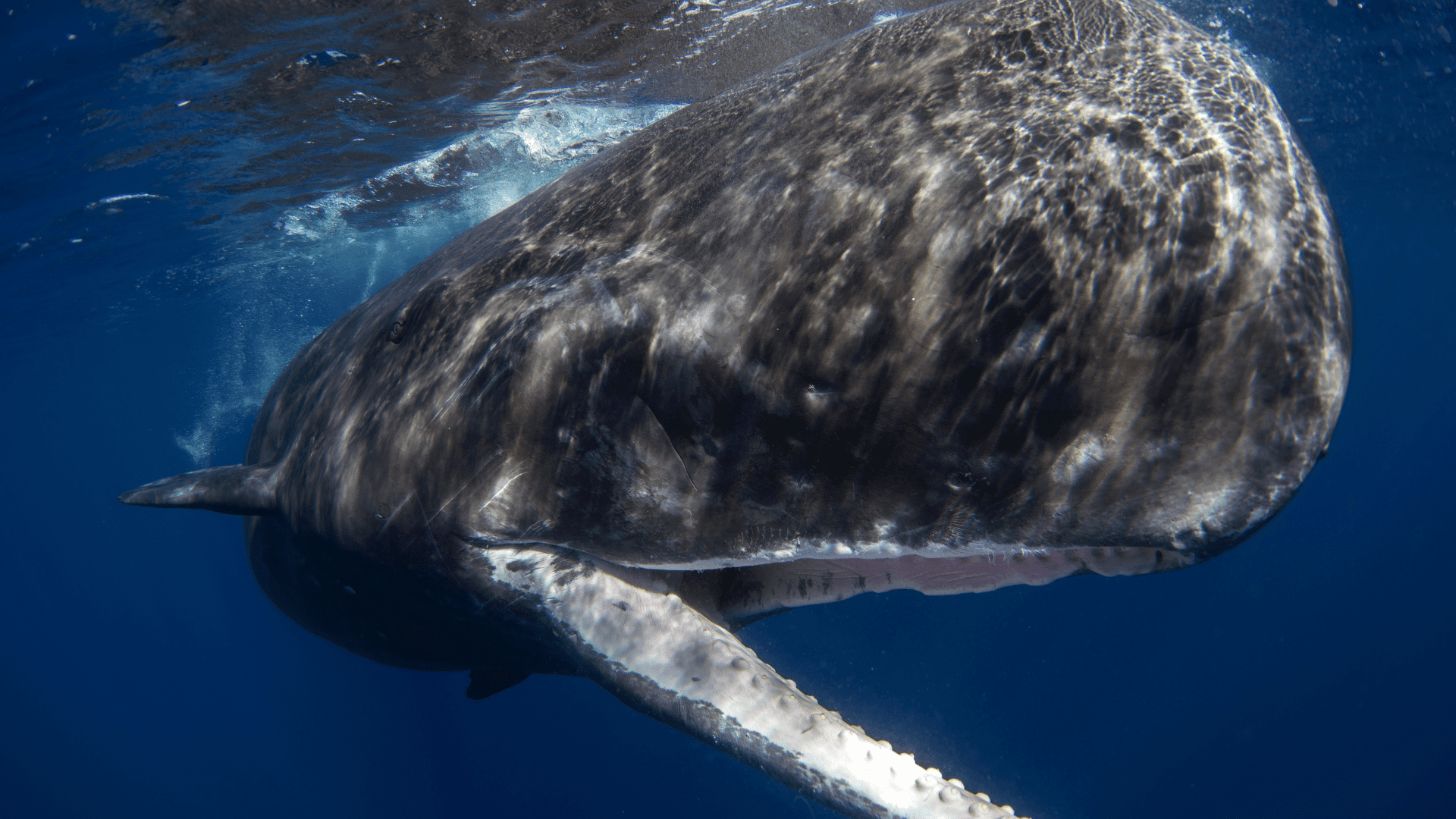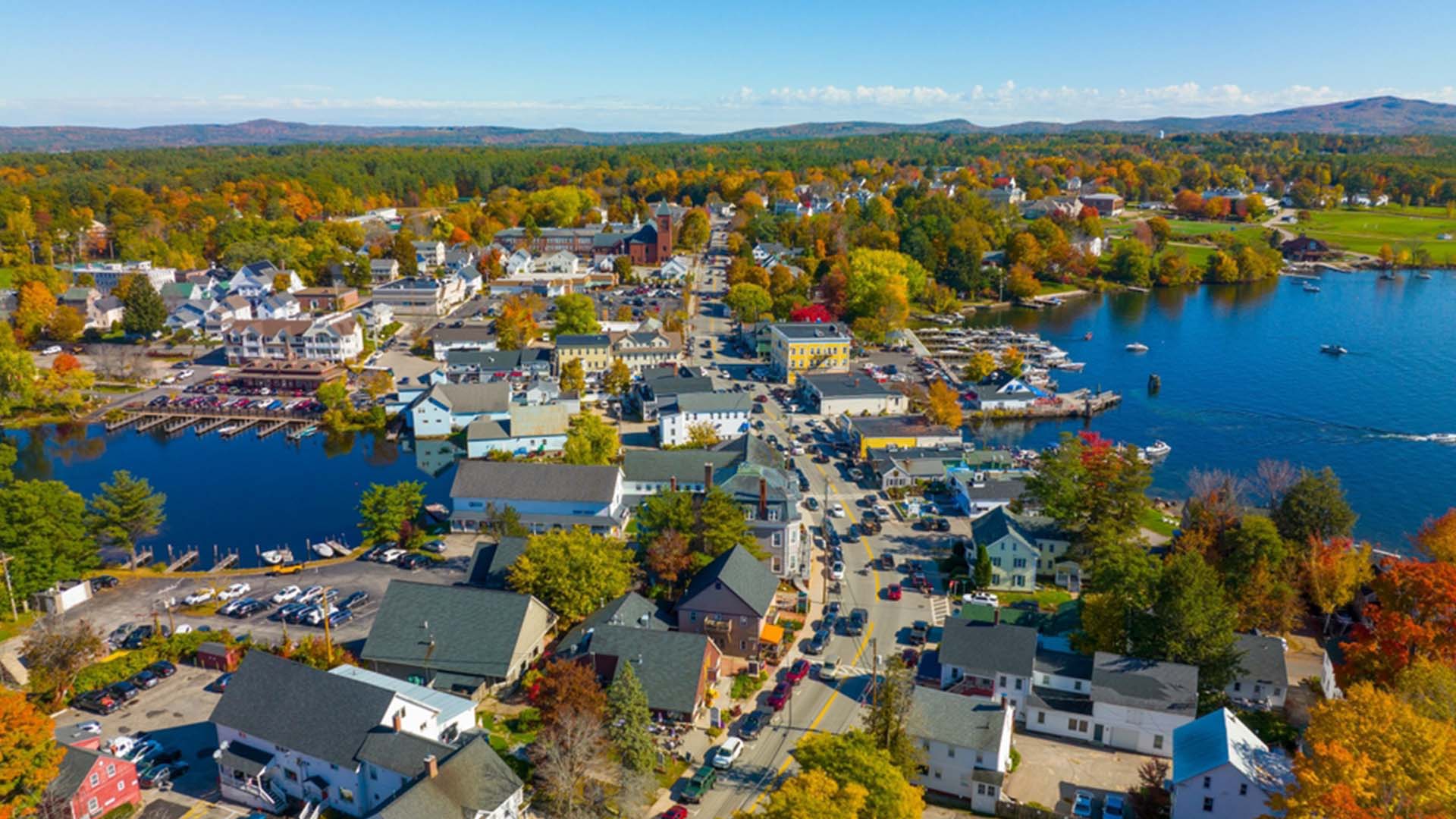Researchers from NOAA Fisheries recorded 161 whale sightings in a single day in a recent aerial survey off the coast of New England.

The sighting occurred in an area south of Martha’s Vineyard and southeast of Nantucket, where the team spotted 7 whale species across 161 total sightings. Not only was this a notably large sighting, but the vast portion of the whales were of the rare and endangered sei whale.
Though some of the recorded observations may have been multiples of the same whale, Teri Frady, chief of research communications for the NOAA’s Northeast Fisheries Science Center, told the AP that the team had reported “a lot of whales.”
“It is not unusual that there are a lot of whales in the area this time of year,” said Frady. “But since we do not survey every day, or in the same areas every time we fly, catching such a large aggregation with such a variety of species on one of our flights is the exception rather than the rule.”
One of the expedition’s highlights was spotting 93 sei whales, making this one of the highest concentrations of sei whales ever seen during a single flight. The team also recorded spotting two killer whales, which aren’t often seen during this survey. One of them held a tuna in its mouth.
Explore Tomorrow's World from your inbox
Get the latest science, technology, and sustainability content delivered to your inbox.
I understand that by providing my email address, I agree to receive emails from Tomorrow's World Today. I understand that I may opt out of receiving such communications at any time.
The flight also included 36 humpback whales, 21 fin whales, minke, sperm, and North Atlantic right whales. The researchers recorded spotting two endangered whale species, including the North Atlantic right whale, which has an estimated 360 individuals remaining and was spotted three times.
The other endangered species, the sei whales, are the third largest whale species after blue and fin whales.
The whale group appeared in an area “increasingly important as year-round core habitat for North Atlantic right whales and other large whale species,” said Gib Brogan, campaign director with conservation group Oceana.







